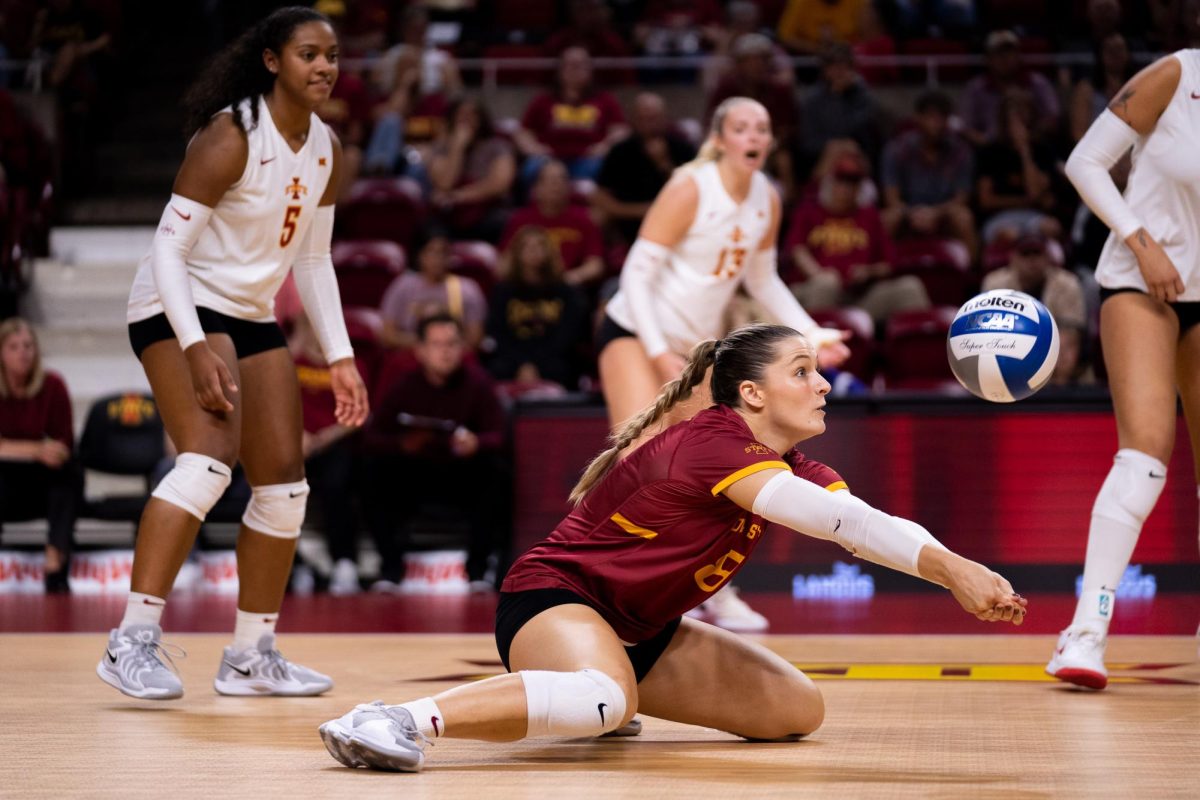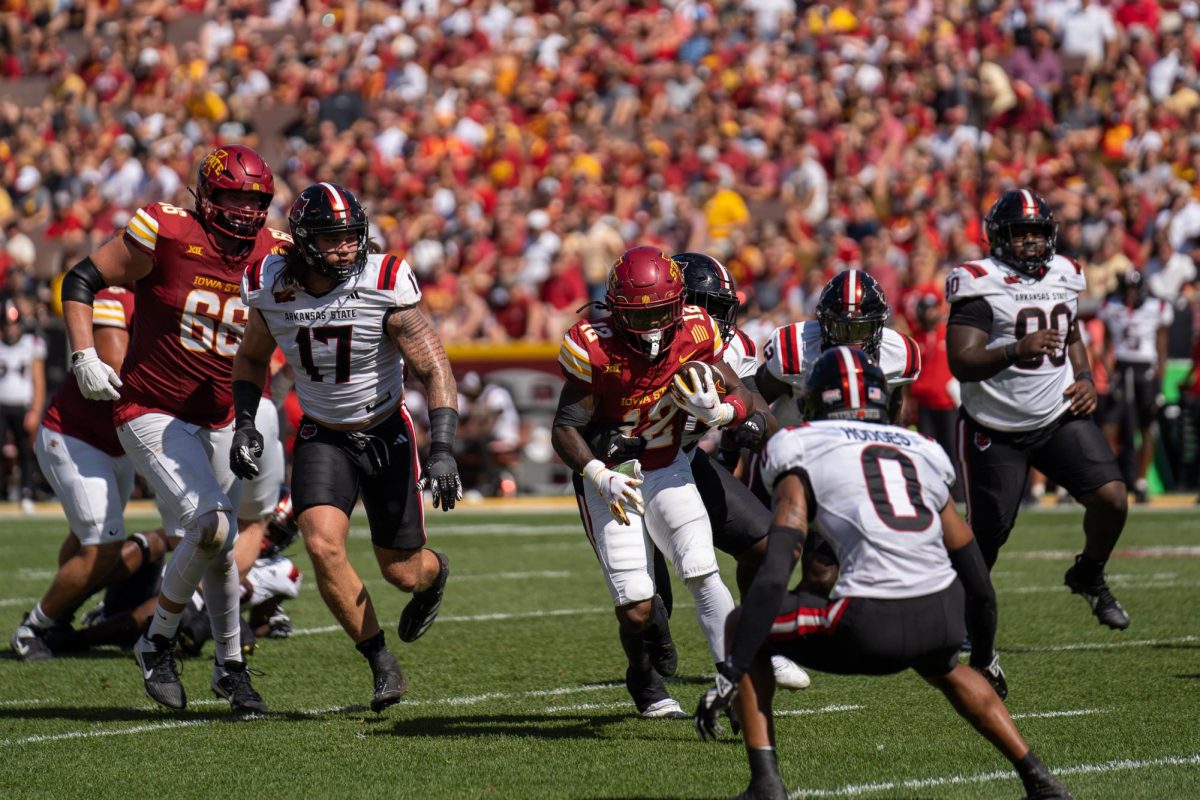ISU students oppose speech code; ask for ‘common courtesy’
November 30, 1998
A proposed speech code at the University of Wisconsin-Madison has sparked national controversy, and the possibility of a speech code becoming a necessity at Iowa State has become a concern.
The proposed speech code at the University of Wisconsin states that a faculty member can use derogatory speech only if it is “germane to the subject matter of the course,” according to an article in the Sept. 17 issue of the campus newspaper, the Badger Herald.
According to the article, faculty would be prohibited from using speech if there is no “reasonable pedagogical justification for its use.”
Although there has been no talk of such a code at ISU, students and faculty members are discussing a speech code in relation to the increasingly heated debate over political correctness.
“It is hard to imagine who would determine the contents of a speech code and how they would define ‘politically correct,'” said Ann Russell, professor of botany. “I am not sure what is meant by ‘politically correct.'”
Barbara Mack, associate professor of journalism and mass communication, said she is against imposing speech codes at ISU.
“I think speech codes are an awful idea,” Mack said. “I have a statement in my syllabus which states that I have an expectation of robust but respectful debate. I enforce that, but it should be an understanding between the professor and the class.”
Mack pointed out that the University of Wisconsin-Madison’s old speech code was found unconstitutional.
Several students said the imposition of a code of speech in the classroom would infringe upon their freedom of speech rights.
“If some teachers are uptight enough to impose one in their own class, I suppose that’s all right, but a university-wide ban would seem too harsh and too close to censorship for my liking,” said Jason Peterson, sophomore in civil engineering.
Jonathan Haila, freshman in pre-advertising, said establishing a code of speech would not hinder offensive comments or be an effective means of preventing derogatory or politically incorrect terms.
“No, I don’t think ISU needs a speech code, but common courtesy should be in place,” Haila said.
Haila said there is no inherent need for a speech code at ISU in the immediate future.
“Being PC really isn’t super important to me,” Haila said. “It’s more of a joke than anything else, but a speech code enforcing and limiting speech seems a bit ridiculous to me.
“A code like that is just fuel for a bunch of sue-happy people that get pleasure out of punishing people for a possibly innocent remark,” Haila said.
The question of where and when to draw the line on what is a seemingly innocent remark, joke or comment remains in limbo, but some students and professors agreed that it is the discretion of the professor.
“I think that instructors should model respectfulness for others in their classroom,” Russell said. “In general, I think that instructors do take the issue of respect for the student very seriously.”
Students such as Peterson believe that professors should stay away from racism, but other than that they should not be limited in their speech.
“Sometimes certain words are needed to make a point or are just more fitting than the PC version,” Peterson said.
“Most people already know what offends others, and they’re trying to make a point if they use offensive words, so the professor can decide where to draw the line,” he said.






